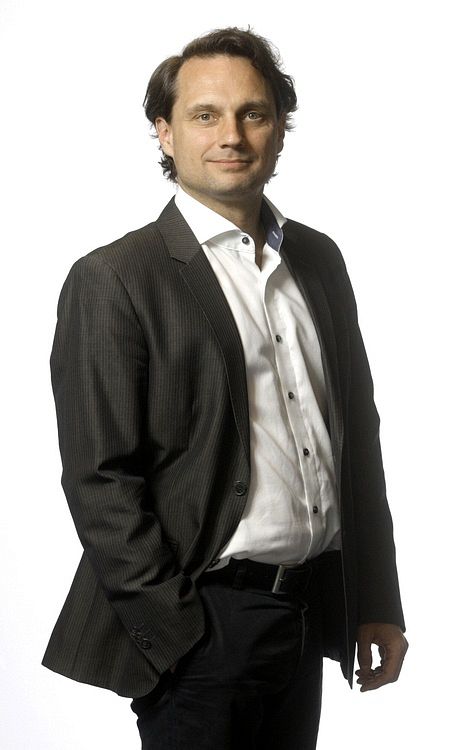Dr. Peter Palensky wants to change the world. He says we need to think out of the box to convert our electrical system into a flexible, robust platform to realise the potential of increasing digitisation and the integration of renewable energy systems.
He presented his view in his inaugural speech on December 14, 2016, as Chair of the Intelligent Electrical Power Grids section of the Department of Electrical Sustainable Energy at the Electrical Engineering, Mathematics and Computer Science Faculty (EWI).
“Our electrical system is the backbone of society, vital for many of its activities,” he said. It’s a large, specialised distribution system with many interdependencies. It hasn’t changed much in the last hundred years and first steps to make it smart involved adding sensors and generating lots of data.
“But just adding sensors makes for slow evolutionary development with failures along the way and takes too long,” he said. “A paradigm change is needed for us to be better prepared for the future.”
To prepare for the highly interconnected beasts that smart grids will be, Palensky believes we should acknowledge three factors. Their complexity has to be captured simply, not by aggregating many detailed calculations, which are getting too big to handle. Digitisation is inevitable and we have to find ways of interpreting on the fly the huge amounts of unstructured data it will create. Unexpected, disruptive events are sure to happen, so risk and uncertainty need to be countered with a robust platform.
The grid as a platform has to accommodate a digital overlay and will link four domains. Expertise in the physical world, the roles and behaviour of people, information technology and statistics will have to intersect.
“We need a new language to describe this cyber-physical energy system,” he said. “For that we need new modular research methods that are flexible and scalable, and allow scenario handling.” Dynamically coupled numerical models already show promise.
To transition to this universal machine effectively, Palensky wants to network more with other disciplines and develop leading methods to work with intelligent electrical power grids, incorporating the lessons learned into education. He has faith in the bright minds of his research group and the inter-faculty multidiscplinarity that TU Delft supports, which encouraged him to come here to take up the challenge.



Comments are closed.